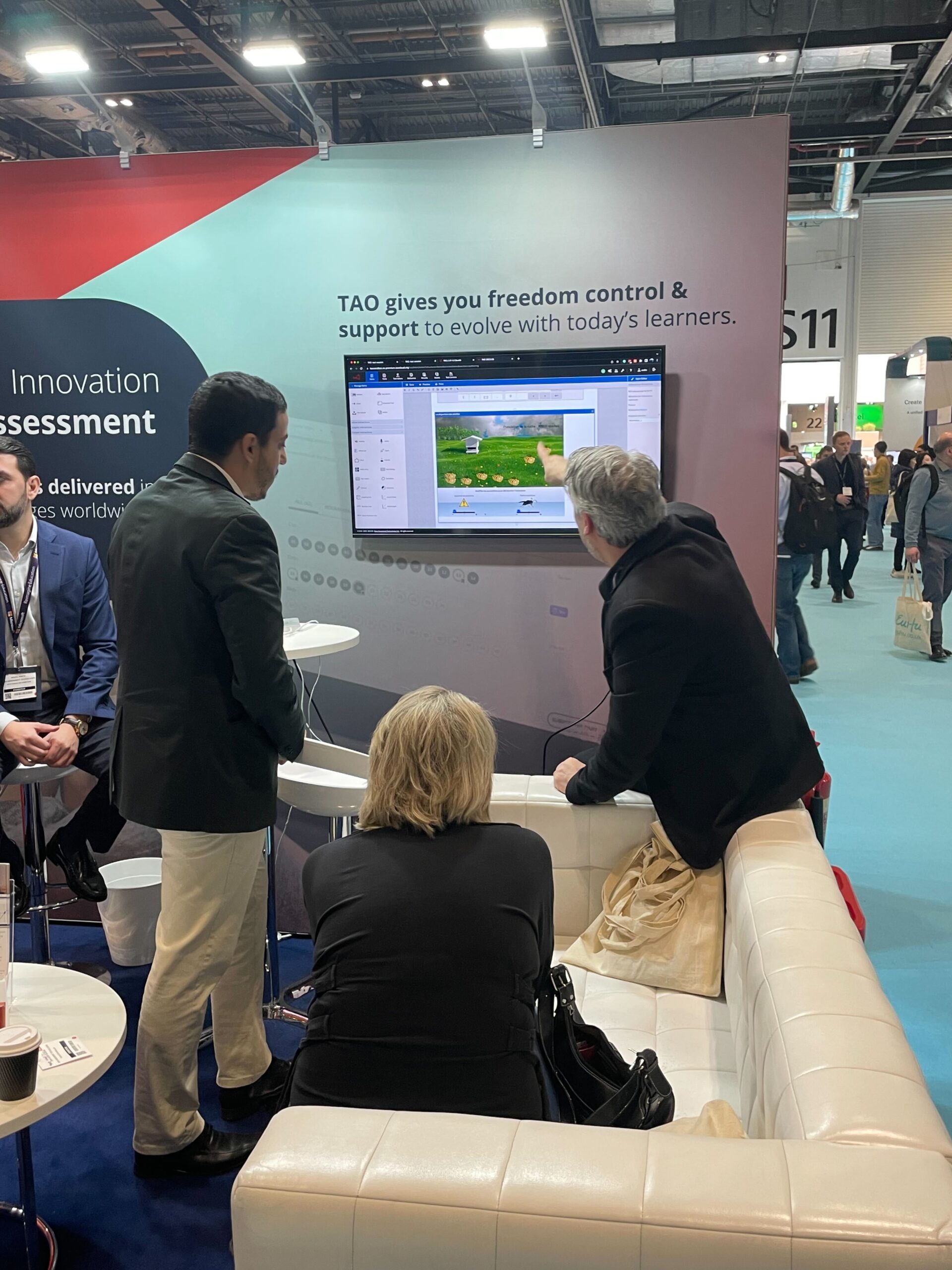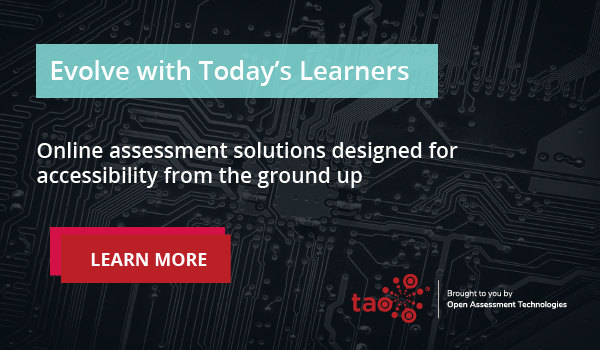 Last week, OAT attended the BETT UK conference, an annual event that consistently fosters insightful discussions in the EdTech field. This year was no exception. The ongoing challenge of digitizing education, further accelerated by the pandemic, has made digital assessment an increasingly integral part of both formative and summative contexts. Blending these two scenarios is now more essential than ever, as educators strive to create a seamless cycle that links all summative tools in pursuit of reliable and fair exams. At the same time, we must democratize digital assessments to empower teachers, prepare students for the “big day,” and ensure no student falls behind on any specific curriculum.
Last week, OAT attended the BETT UK conference, an annual event that consistently fosters insightful discussions in the EdTech field. This year was no exception. The ongoing challenge of digitizing education, further accelerated by the pandemic, has made digital assessment an increasingly integral part of both formative and summative contexts. Blending these two scenarios is now more essential than ever, as educators strive to create a seamless cycle that links all summative tools in pursuit of reliable and fair exams. At the same time, we must democratize digital assessments to empower teachers, prepare students for the “big day,” and ensure no student falls behind on any specific curriculum.
To maximize the positive impact that digital assessments can have on education, it is crucial to ensure accessibility for all. During the BETT conference panel “Assessment – sharing best practice across education sectors to maximize impact,” the speakers emphasized the importance of creating accessible products, a core industry best practice to maximize assessment programs’ impact.
At OAT, we take accessibility very seriously. We have adopted the definition of universal design provided by North Carolina State University: “The design of products and environments to be usable by all people, to the greatest extent possible, without the need for adaptation or specialized design.” We believe that we are all responsible for ensuring the UN’s guidelines are applied within our communities, as “accessibility is about giving equal access to everyone.”
To implement these principles, our products are designed with accessibility in mind from the very beginning. Merely being compliant with WCAG AA standards is not enough for us; we also conduct user testing with a diverse range of profiles to ensure our products are genuinely usable. We collaborate with experts in the field of accessibility and inclusion, incorporating their feedback into our product development process, ensuring that we stay up-to-date with the latest best practices and technological advancements.
By focusing on accessibility, we create an environment where all students, regardless of their abilities or disabilities, can effectively engage with our digital assessment tools. This approach not only benefits those who need additional support but also enhances the overall user experience for everyone involved, including educators, administrators, and even parents.
Moreover, we recognize that accessibility goes beyond the initial design of our products. We also strive to provide comprehensive training materials, resources, and support for educators to help them better understand and utilize our tools in the most accessible way possible. This ongoing commitment ensures that our products remain adaptable and inclusive as the field of education and technology continues to evolve.
Accessibility, therefore, plays a critical role in the digital assessment field. It is no longer a mere “nice-to-have” feature but a mandatory factor to ensure widespread adoption and success. By prioritizing accessibility, we create a more inclusive and diverse educational landscape, ultimately leading to improved learning outcomes and a more equitable future for all.
If you found this article interesting, we invite you to contact us and experience for yourself the best-in-class digital assessment products we have to offer. With a commitment to accessibility and universal design, we at OAT strive to create educational tools that serve the needs of every student and teacher, maximizing the impact of digital assessments in the ever-evolving landscape of education. Together, we can work towards a more inclusive and accessible world where everyone has an equal opportunity to learn, grow, and succeed.


